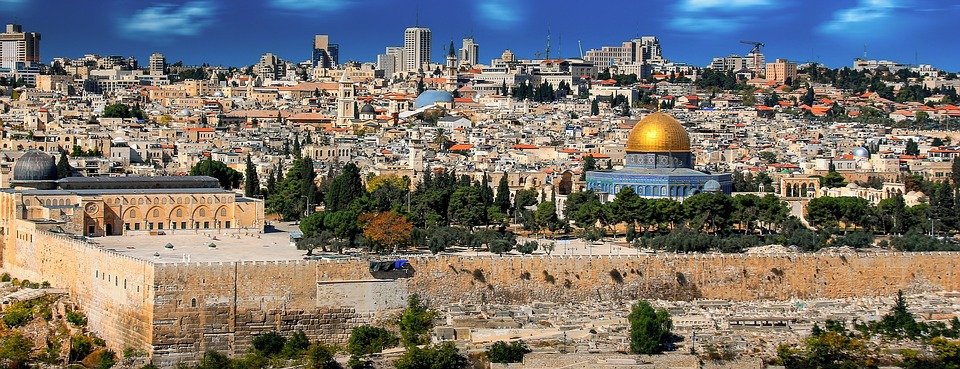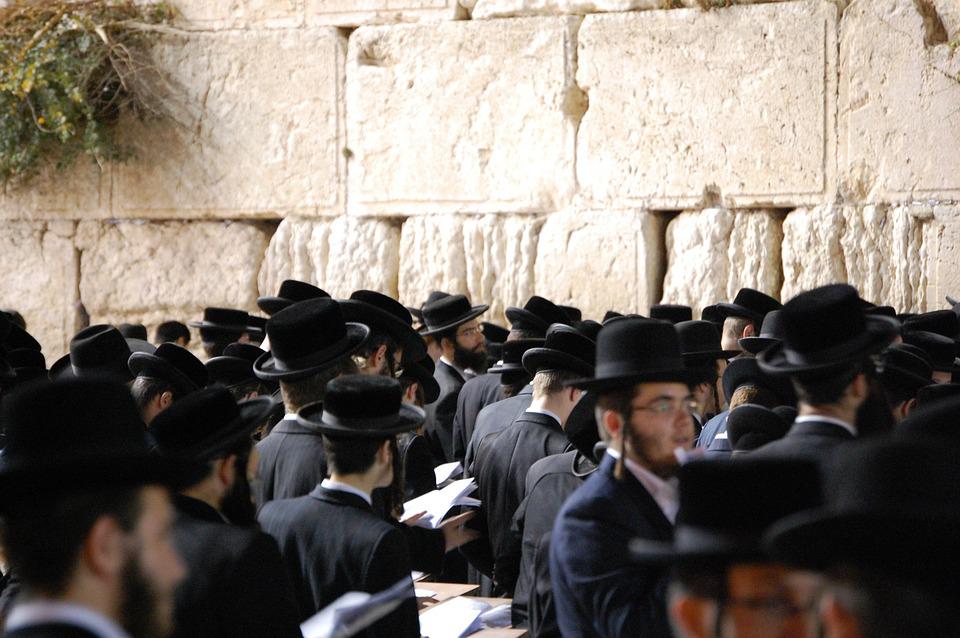OUR BLOG
30 years since the renewal of diplomatic relations between the Republic of Serbia and the State of Israel
BILATERAL RELATIONSHIPS
REPUBLIC OF SERBIA AND THE STATE OF ISRAEL
The Israeli Embassy in Serbia recently marked 30 years since the renewal of diplomatic relations between the Republic of Serbia and the State of Israel, as well as 45 years since the Israeli basketball club Maccabi won its first European title in Belgrade’s “Pionir”.
A significant jubilee is being marked this year as well, when the Embassy of the State of Israel and Property management and rental company “Dipos” d.o.o. Belgrade mark 25 years since the establishment of business cooperation.
The first Agreement on the lease of real estate at the address 47 Bulevar kneza Aleksandra Karadjordjevica, which is still used by the esteemed Embassy, was signed in 1997 and to this day, business cooperation is taking place at the highest level to the mutual satisfaction.
The jubilee of the renewal of diplomatic relations between the two countries will be marked by numerous manifestations until the end of 2022.
In everything special, the State of Israel is a country whose past goes deep into history. Jerusalem is considered one of the oldest cities in the world, which, due to pilgrimages, is visited by millions of believers from all over the world. It is a land of amazing cultural and archeological sites, incredible historical events and even more incredible landscapes. It is home to cities with a turbulent history, but also modern metropolises full of young, business and busy people. Despite its small area, it is considered one of the most advanced countries.
Jewish community in Serbia
The development of relations with the State of Israel is based on the historical closeness of the Serbian and Jewish people. Political relations are good, friendly and are constantly progressing through the improvement of political dialogue and increasingly intensive economic cooperation, which was especially contributed by mutual respect and solidarity between the two nations, who have often shared their destiny throughout history.
The presence of Jewish communities in the Balkans was insignificant until the late 15th century, when Jews fleeing the Spanish and Portuguese Inquisitions found refuge in the territories of the Ottoman Empire, including Serbia.
According to historical sources, the Belgrade Jewish community had the highest cultural reach during the 17th century, when there was a Yeshiva in Belgrade – a Jewish religious school. Near the Jewish Street, there was an old synagogue, renovated several times, as well as a ritual bath.
During the Turkish rule in Serbia, Jews and Serbs were generally on good terms, and Jewish merchants maintained trade routes in the formal empire. During the uprisings, they supported Serbia’s struggle for independence, although the Turks brutally retaliated against them.
After the liberation, under the rule of Milos Obrenovic, the Belgrade Jewish community issued its own money, and when Prince Mihailo Obrenovic took power in 1861, he introduced anti-Jewish restrictions, although anti-Semitism was raging in Europe and the United States at the time.
Thus, in Belgrade in 1874, the Jewish Women’s Society was founded, an organization that is considered the forerunner of similar societies in Serbia.
According to some research, the oldest active Jewish choir in the world, and one of the synonyms of Jewish culture in Serbia, the “Baruch Brothers” Choir, was founded five years later.
World War I and World War II
At the beginning of the 20th century, there were 5,000 Jews living in Serbia. Many of them fought together with the Serbs against the Central Powers in the First World War, and a monument to the Jews who died in the wars from 1912 to 1918 was erected in Belgrade at the Jewish Sephardic cemetery.
The Jewish community developed significantly before and after the First World War, which was followed by religious autonomy as well as the construction of educational institutions and synagogues that were established for both the Ashkenazi and the Sephardim.
During World War II, many Jews joined the resistance movement in 1941, and Serb civilians were involved in rescuing thousands of Yugoslav Jews. Until the liberation of Serbia, the Jewish community was almost completely destroyed in the Holocaust, and after the war, most of the survivors gradually emigrated to Israel.
In the post-war period, the Jewish Community in all the republics of the SFRY held together the Alliance of Jewish Communities of Yugoslavia, whose status ended with the disintegration of the country in the early 1990s.
Union of Jewish Communities of Serbia
Today, the Association of Jewish Communities of Serbia, based in Belgrade, is the umbrella organization of Jewish communities and represents the Jewish community of Serbia in the country and abroad, and has about 3,300 members.
It has a developed cultural-educational, religious and social life, and within the Alliance there is a Jewish Historical Museum, which has a significant and valuable collection.
The Serbian government recognizes Judaism as one of the seven traditional religious communities in Serbia. The religious life of Jews takes place through services in two synagogues – in Belgrade and the Subotica Synagogue, a building of unreal beauty, made in the style of Hungarian Art Nouveau and of outstanding architectural value.








 2018
2018